Six million murdered, 250,000 survivors displaced. Lives were destroyed, children separated from mothers, lasting injuries and trauma plundered the lives of millions. The Holocaust was a traumatic time in history that could potentially be forgotten or distorted.
Modeled after a national survey from the Claims Conference on Jewish material, a survey was sent out to Powell High School’s students in History and English classes and to staff. Of the 44 educators that were polled, 48% knew that 6 million Jews were killed in the Holocaust. 61.4% had seen Holocaust denial or distortion on social media or anywhere else online.
“We can see a lot of similar tactics being used in our society today,” Spanish teacher Mr. Brandon Preator said. “We should be cautious of history like this repeating itself, in any form. I’ve heard people try to deny that the Holocaust ever happened.”
72.7% of polled educators had seen Nazi symbols on social media in the last five years, 86% could name a concentration camp, death camp, or ghetto, and 4.5% answered yes to “Did Jews cause the Holocaust?”
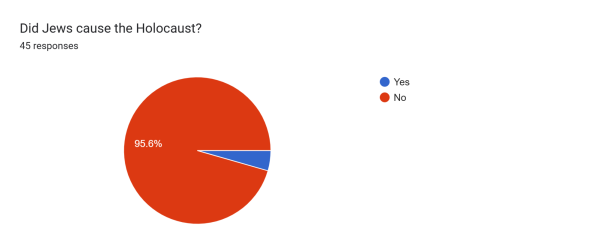
“It’s been said, ‘People who don’t learn from the past are doomed to repeat it,’” English teacher Mr. Hans Hawley said. “We think it can’t happen again, but leaders like [Adolf] Hitler come along far too often…It’s important to recognize them for what they are and the threat they represent.”
The consensus among the teachers was that modern Nazi supporters could be described as “misguided,” “a danger to the country,” or uneducated about events that took place during the Holocaust.
“I think there has been a rise in neo-Nazi activity in the past decade,” special education teacher Mrs. Shelby Moore said. “They are becoming more bold and less hidden. It is important to educate yourself on why what they support will never be acceptable.”
The impassioned aspect of the Holocaust is something only survivors can truly speak of. Network Operations Technician Tim Baxter didn’t hold back his thoughts regarding modern Nazi supporters.
“String them up…,” Baxter said. “It’s one thing to fight and kill the enemy, but to have an ideology of causing as much pain, suffering, misery, and attempted extermination of an entire people based on race [or] religion is wrong on an entirely different level…World War II ended in 1945, but unfortunately the [Schutzstaffel] ideology has not died out. The supporters still feel there is one true race and while quiet, still represent one of the absolute darkest sides of the human race.”
Shortly after the educators participated in the survey, the students completed their round of questions. From the 105 polled students, 30% could name a concentration camp, death camp, or ghetto, and roughly 66% knew what the death camp Auschwitz was.
“The most important thing is to make sure that [the Holocaust] is taught,” junior Paige McConnell said. ”You can already see the influx of white supremacy and people who follow the Nazi’s belief system because this subject just isn’t being taught well, or schools are waiting till the very last minute to teach it.”
68.6 % of polled students had seen Nazi symbols on social media in the last 5 years, 48.5% had seen Holocaust denial or distortion on social media or elsewhere online, and 5.9% answered yes to “Did Jews cause the Holocaust?” Other students have taken it upon themselves to embrace their family’s history, including junior Kyra Morrow whose great-grandfather fought during World War II.
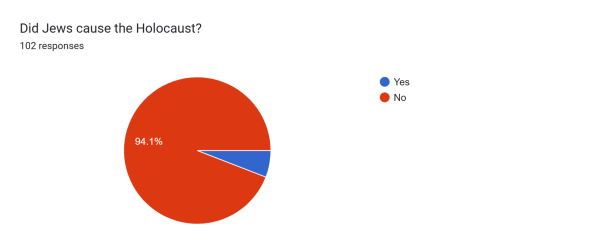
“My great-grandpa immigrated to the US from Germany, his family did, and then during World War II he got drafted to be in the military,” Morrow said. “And he didn’t tell anybody that he could speak German, because he was afraid that they would think he was a spy or mock or hurt him…they were going through Germany and he realized that they were going the wrong way, and he was the only person who could speak German or read German. So he eventually had to tell them he could read the German signs.”
Post-war, Morrow’s great-grandfather, Leo Beyerle, was a translator for a portion of the Nazi party’s trials. The family discovered pictures and documentation of Beyerle’s involvement after his passing.
“[Beyerle helped discover] three or four different concentration camps,” Morrow said. “And then post-war he was held there to interview the Nazis that were captured as prisoners of war and interrogate them…My dad realized that he had fought in World War II and he had been in Germany, and he asked what it was like and my grandpa just started crying and saying they were horrible people and shut down and never said anything about it since then.”
Family history, surveys, and classes — all contribute to students’ and educators’ recognition of their knowledge regarding the Holocaust. Historical events could potentially overlap and repeat the horrific occurrences from the past.
“I think that it is essential to learn about the events leading up to the Holocaust, so that we can recognize the signs,” science teacher Mrs. Lenita Moore said. “Hitler won people over in the beginning with promises of making Germany better. The people were especially vulnerable to this because of the economic situation. Hitler manipulated the people, and by the time people realized how evil he was, it was too late for many of them.”
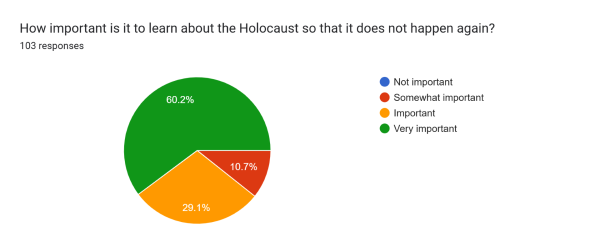



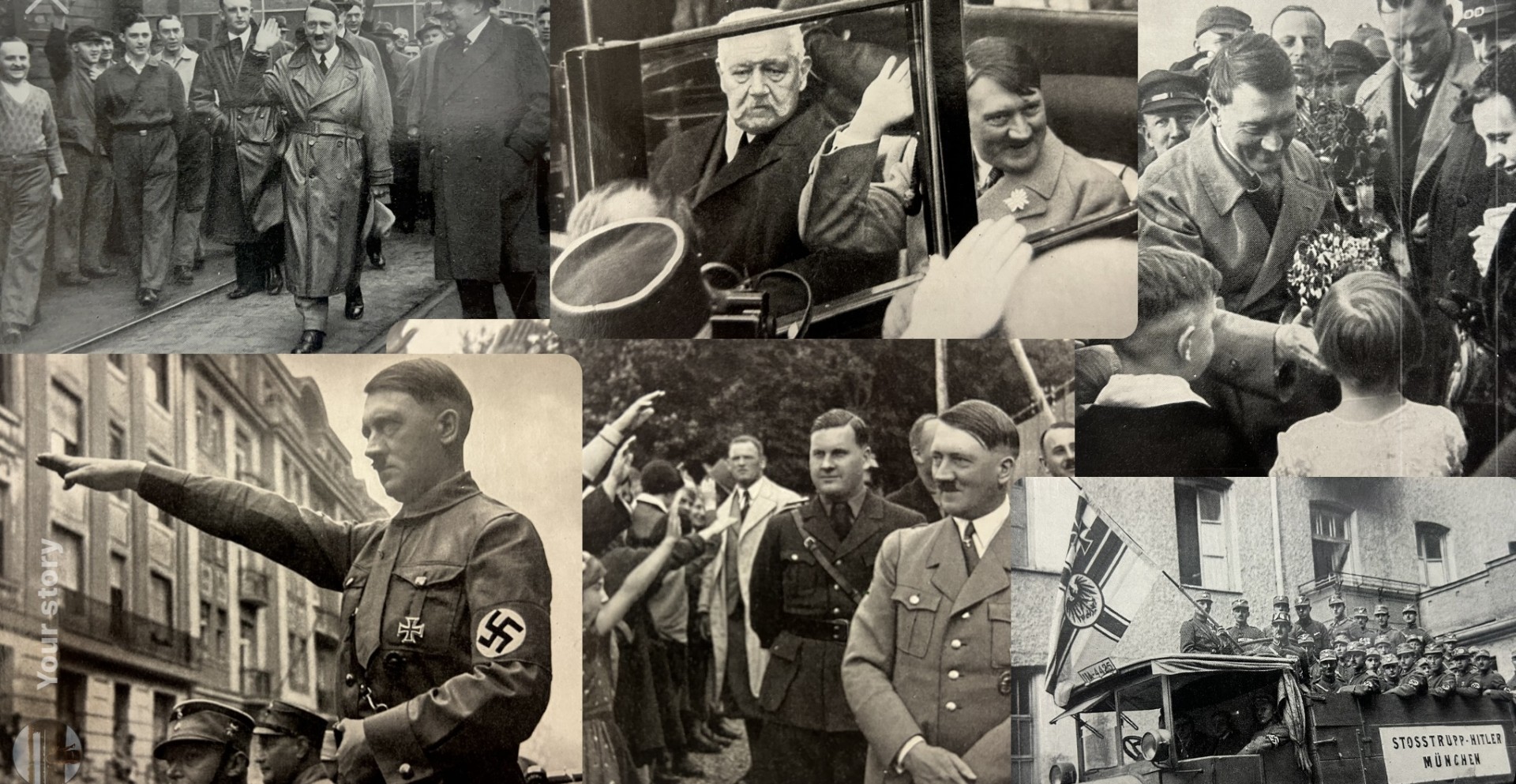
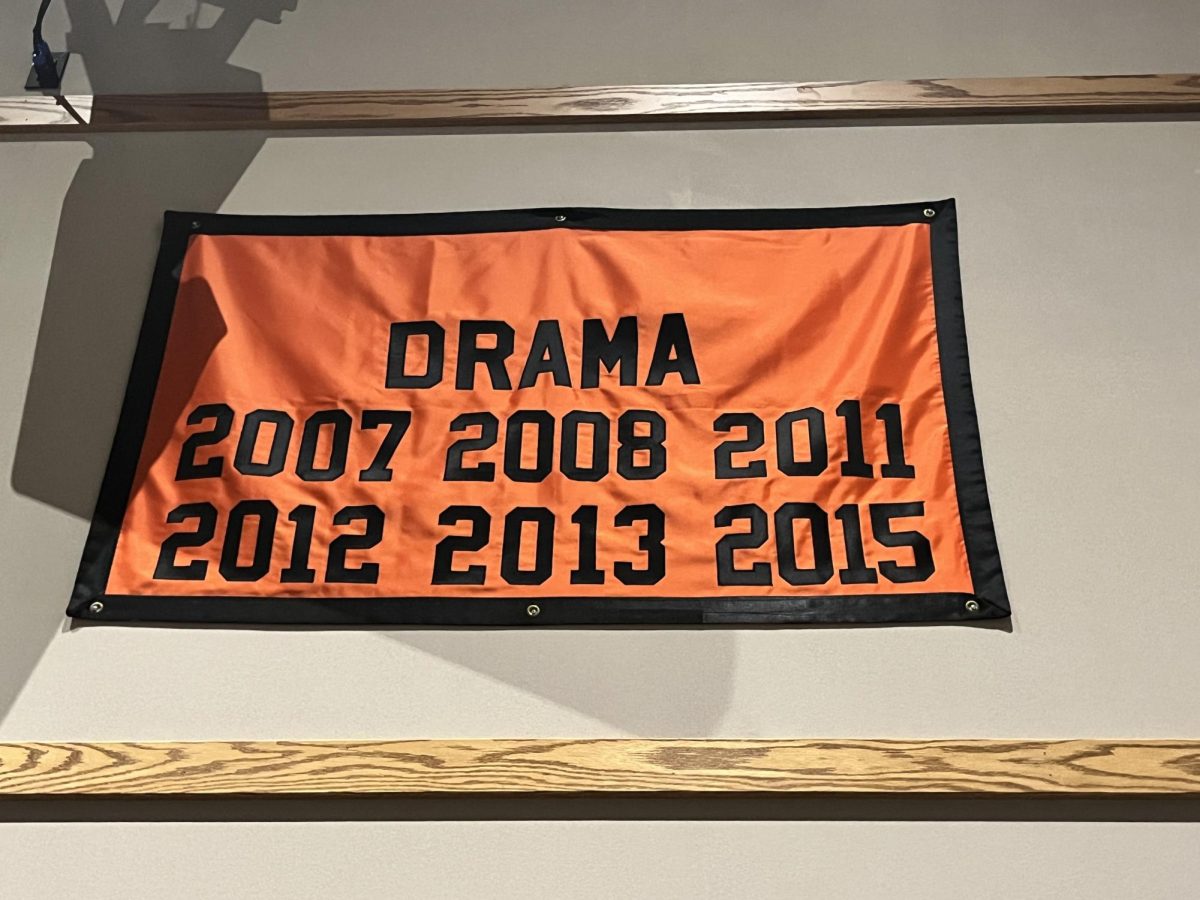
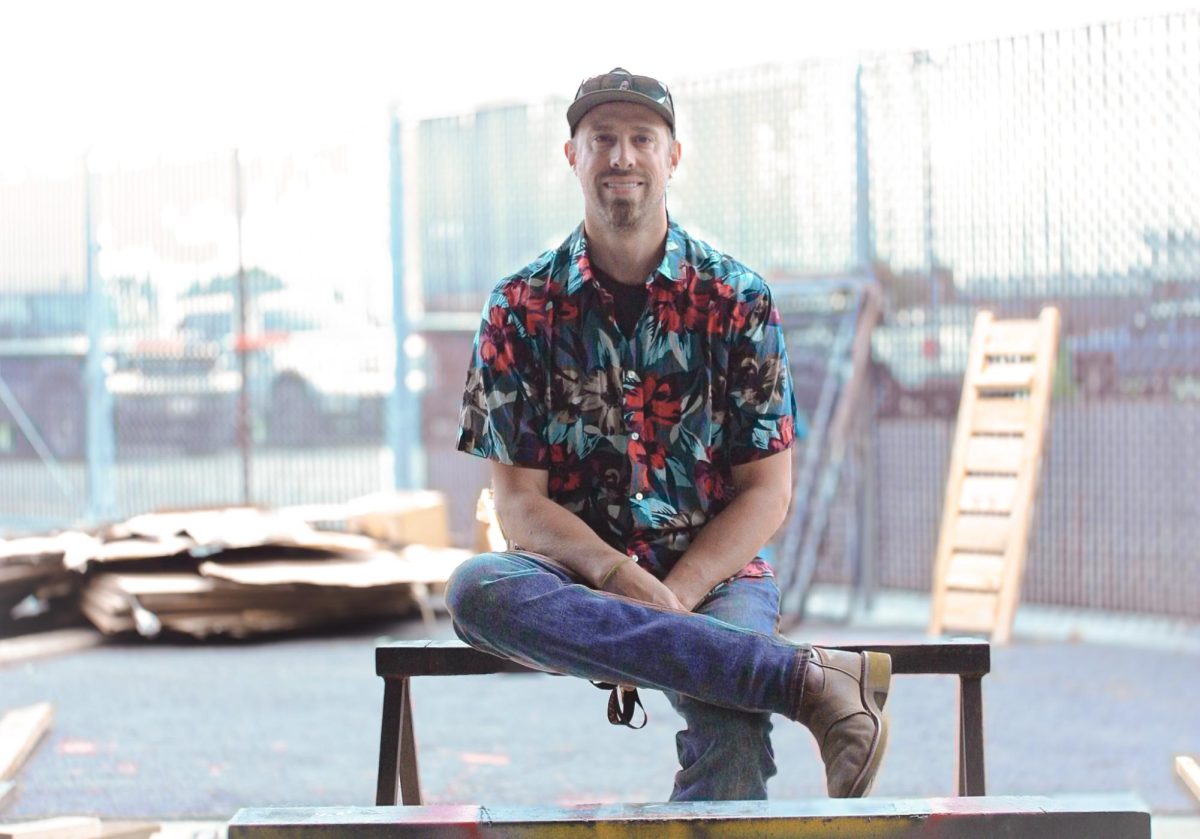
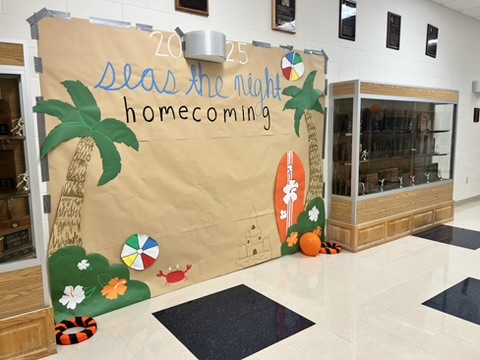
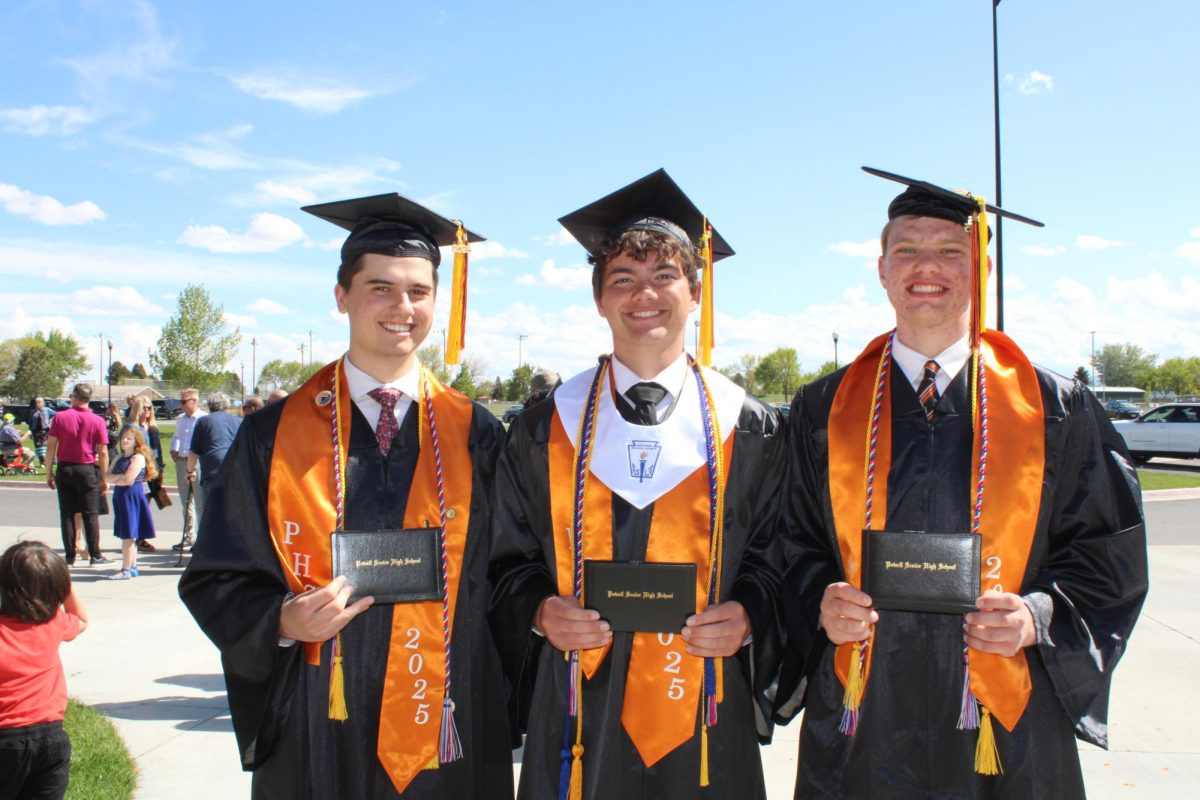
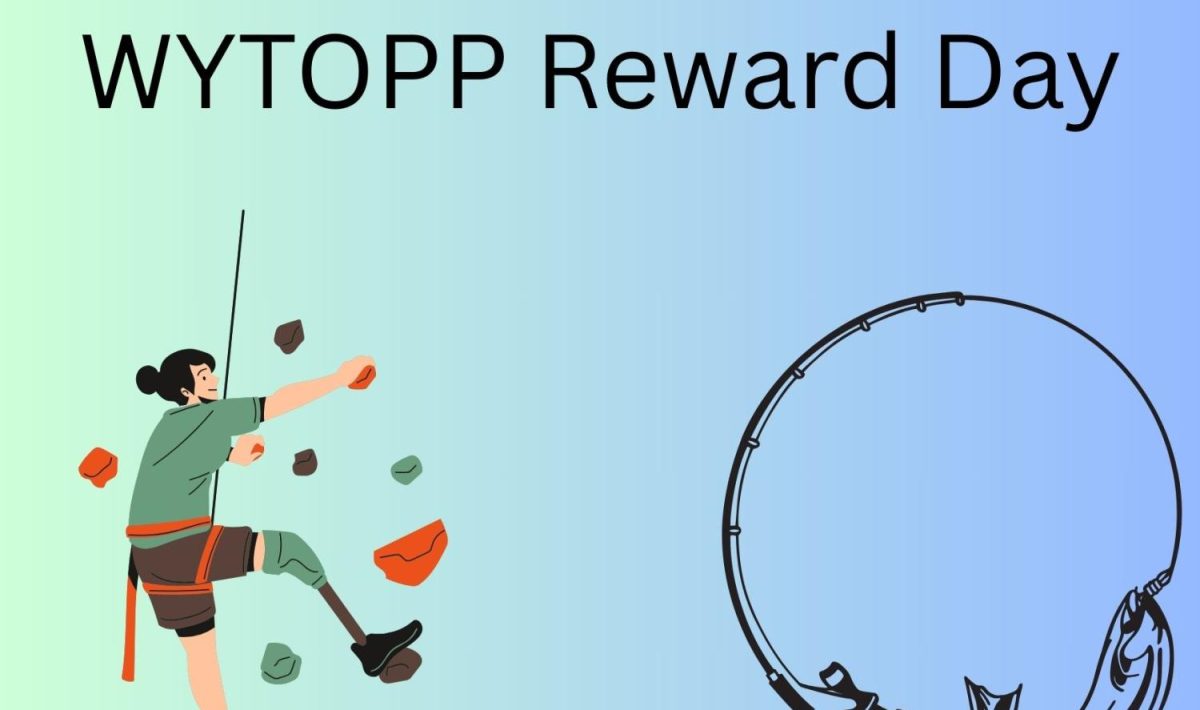
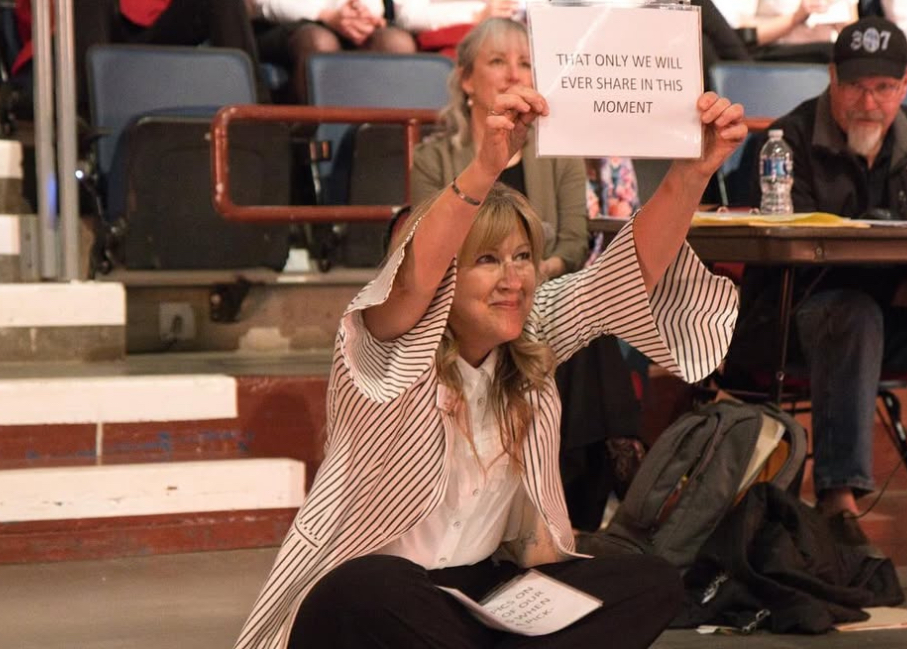
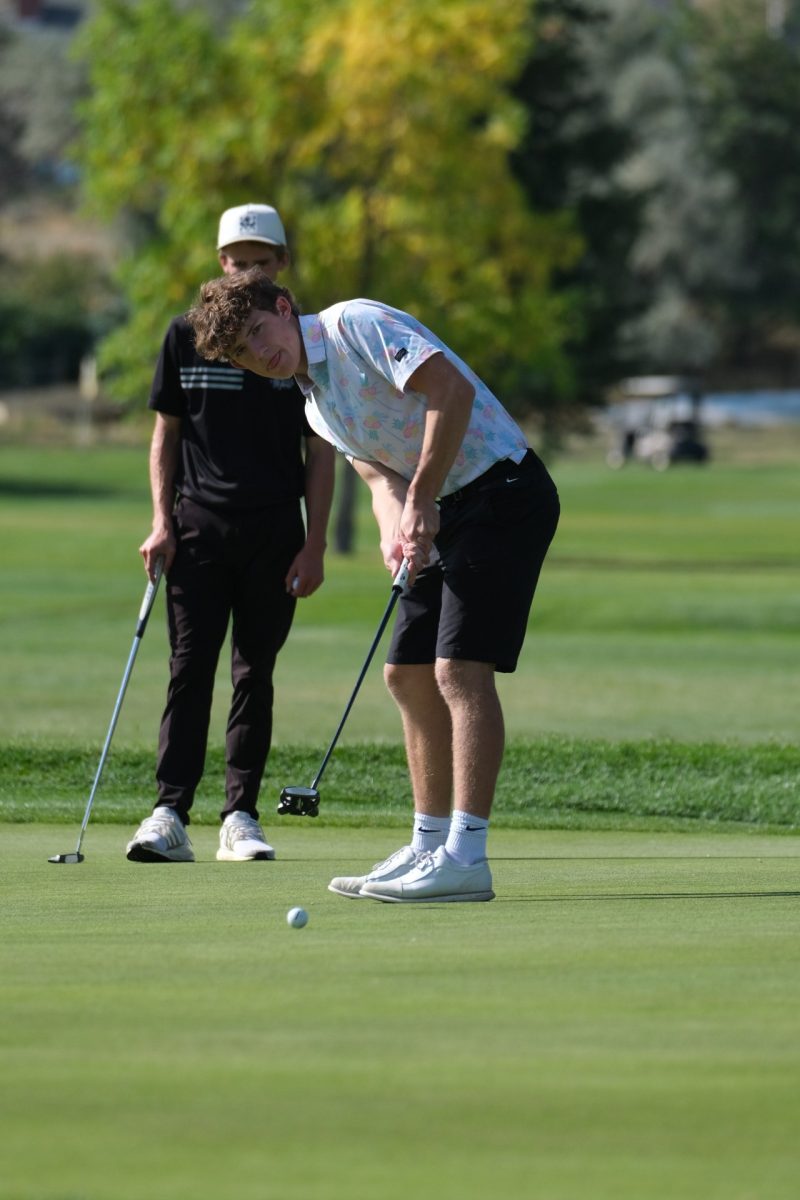
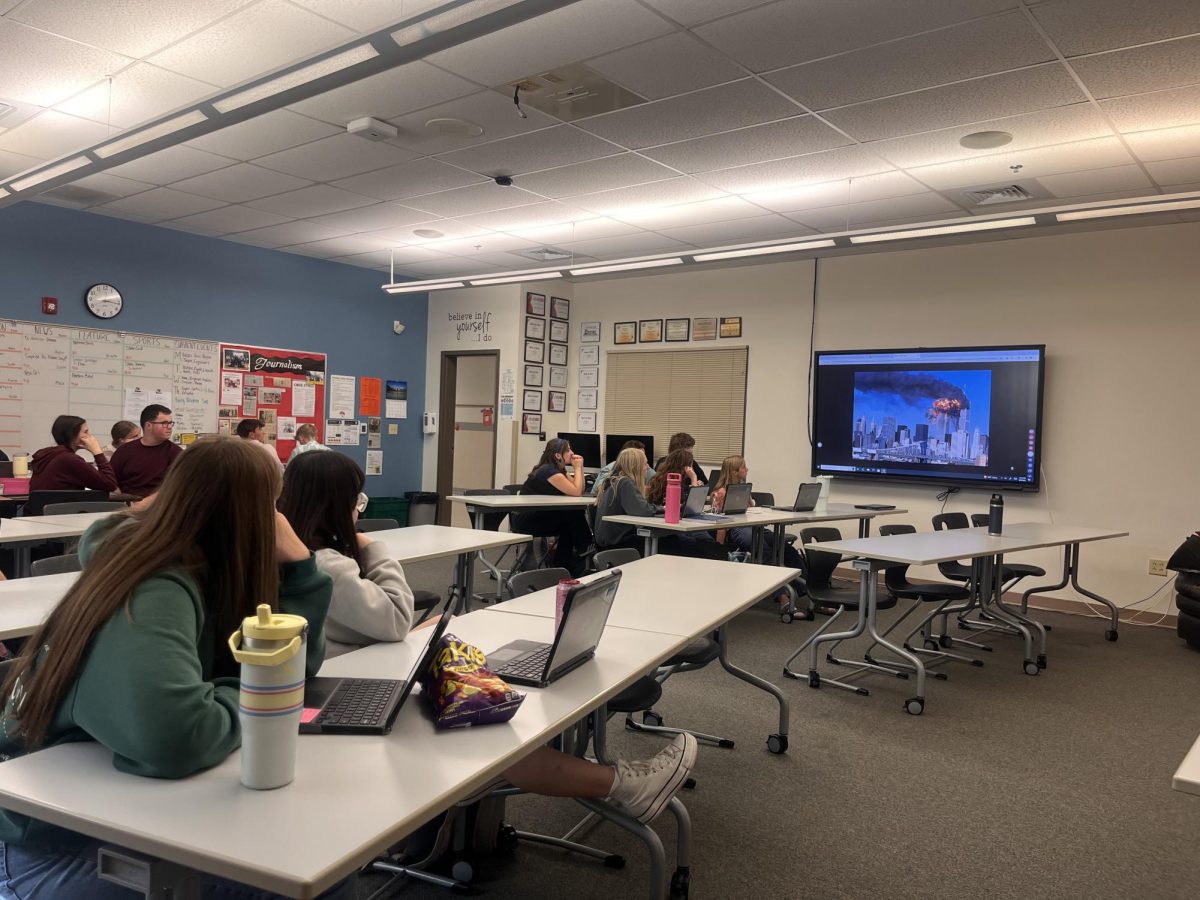
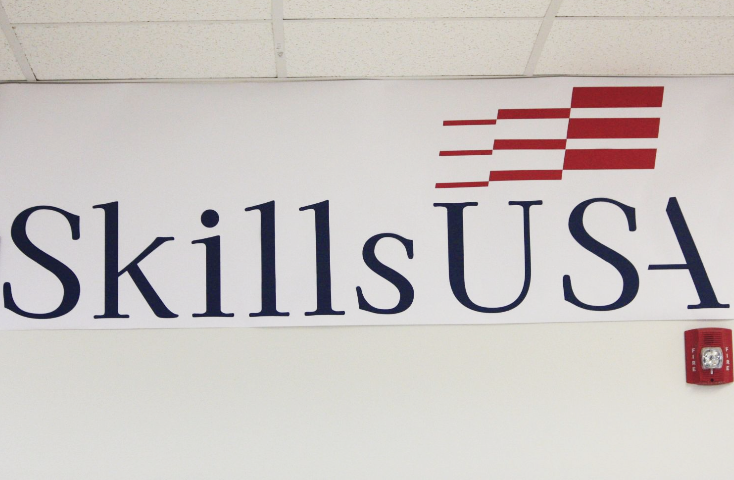

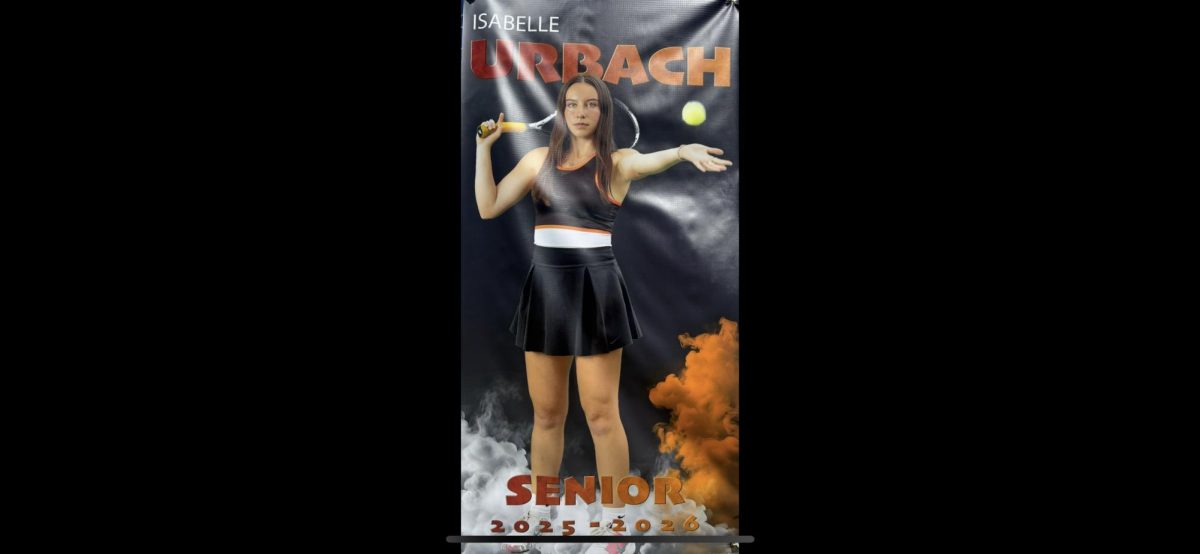
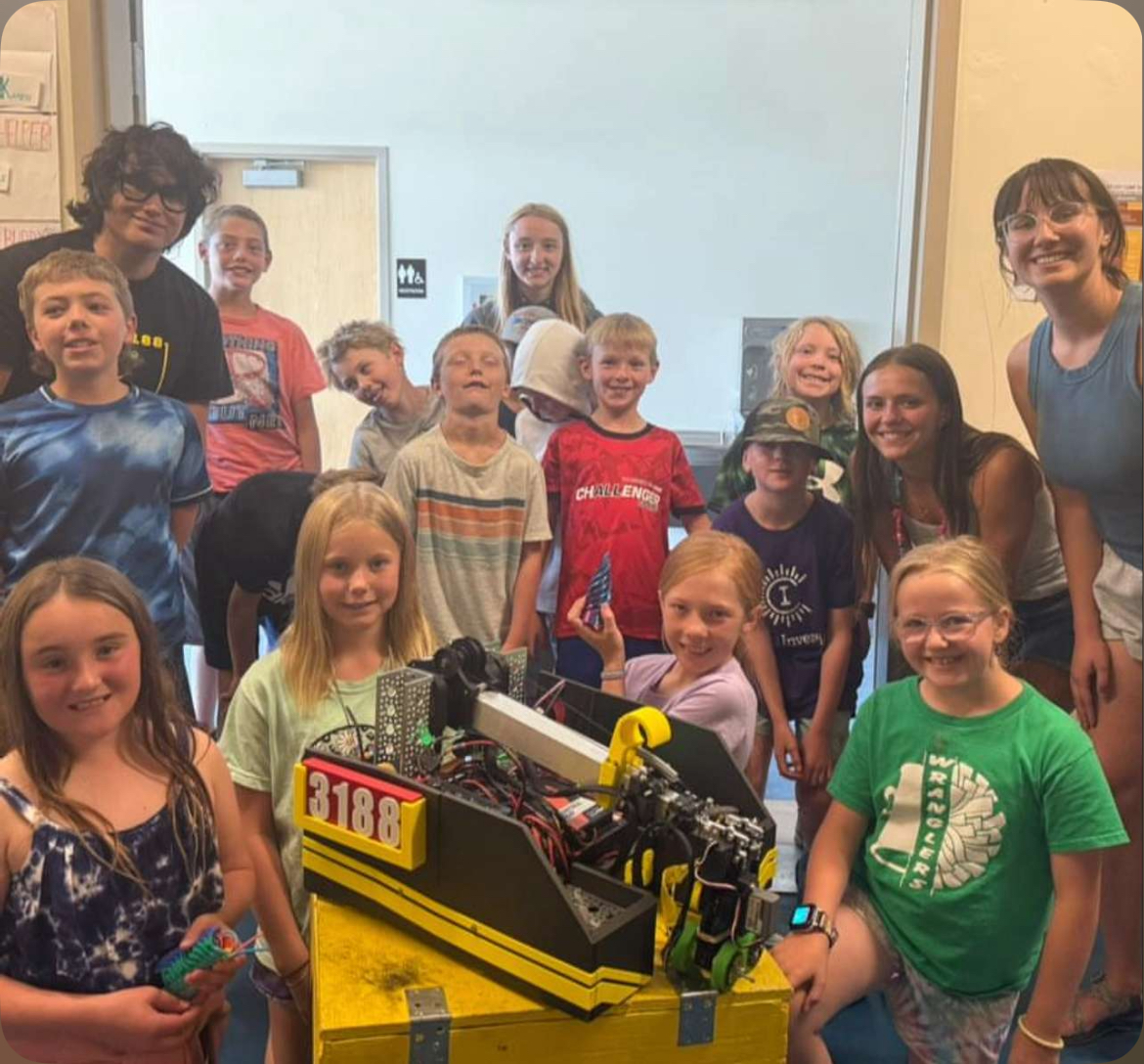
Brandon Preator • Feb 19, 2025 at 12:18 pm
Great article! It is obvious that you put a lot of time in getting facts and opinions for this. Way to go!